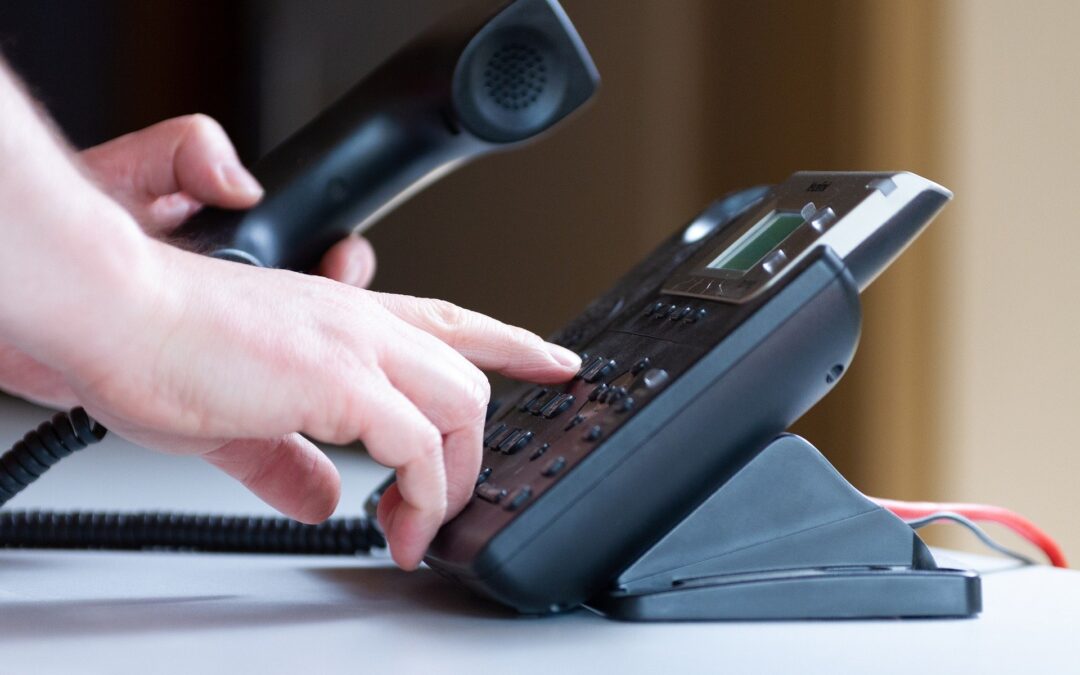Many companies regularly draw valuable information from communication with customers. It is not uncommon for this information to be obtained via telephone calls. To secure this information, it is a good idea to record telephone calls, for example. But is this in compliance with data protection laws?
Legal basis in the GDPR
In principle, the GDPR first requires that the interlocutor (usually the customer) must consent to a recording of the telephone call (Art. 6 I 1 lit. a GDPR).
If a customer call is to be recorded, the customer must consent at the beginning of the call. This consent must be explicit and explicit. For example, by the customer pressing a button or saying "yes. The indication that a recording will be made if the customer does not object is therefore not in line with data protection requirements. In addition, the customer's consent must be freely revocable and the customer must be informed of this. Explicit information is also required if particularly sensitive data is recorded in the course of the conversation. The consent must then also explicitly refer to this sensitive data (Art. 9 II lit. a DSGVO).
Method of recording telephone calls
The regulations on consent do not yet mean that potentially every customer conversation may automatically be recorded. Rather, there are certain requirements for recording. According to the GDPR, recording of telephone calls is only permitted on a random basis and only if there are special reasons for doing so (for example, training of employees or quality assurance).
In addition, a number of things must be taken into account with regard to the technical devices used to record telephone calls. The software used for recording is initially subject to control (Section 4 V No. 2 BDSG). It is also subject to co-determination by the works council (Section 87 I No. 6 BetrVG). The software to be used must also be approved for the very purpose of recording telephone calls. In addition, the employees making the telephone call must be able to interrupt the recording.
If other analysis tools are used (e.g. for voice analysis), this requires a separate data protection review.
If the recording of telephone calls enables third parties to access personal data, a Order processing contract present.
In addition, storage periods for the records must be specified.
For the Recording of video calls or online events even more specific regulations apply.
Consequences of recording telephone calls in violation of data protection laws
In addition to major reputational damage, companies that do not record telephone calls in compliance with data protection regulations can expect many Legal consequenceswhich should not be underestimated.
On the one hand, this action may result in criminal proceedings. § Section 201 of the German Criminal Code (StGB) makes it a punishable offense to violate the confidentiality of the word. In addition, the customer's general right to privacy is violated (Art. 2 I iVm Art. 1 I GG).
In addition, such a procedure constitutes unauthorized processing of personal data constitute. This can lead to a high fine (Art. 83 GDPR).
Conclusion
Recording telephone calls is only permissible under data protection law in certain cases. In addition, the consent of the other party must be obtained each time, which must meet special requirements depending on the content of the call. Attention must also be paid to the correct selection and handling of recording software. Failure to comply with these data protection regulations can have serious legal, financial and economic consequences.
You need advice on Data protection and the right (technical) implementation? Our team of experts will be happy to assist you!
